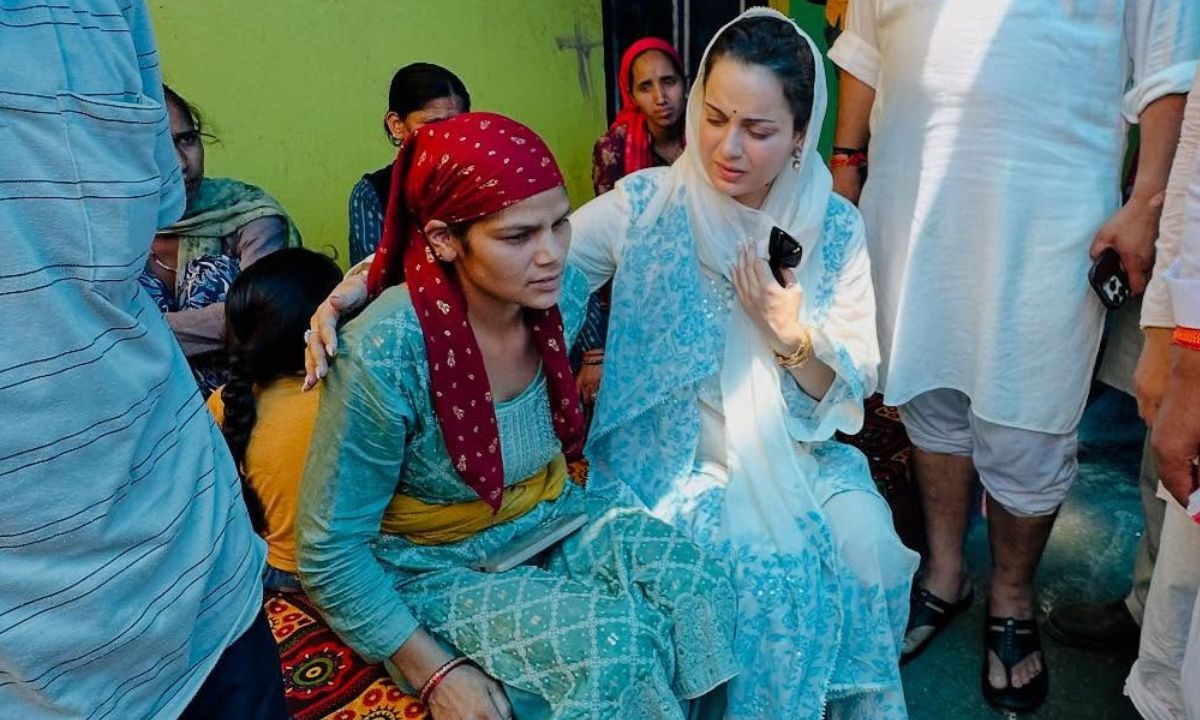Actress-turned-MP Kangana Ranaut, who has just been elected as the BJP MP from Mandi, Himachal Pradesh, has shared about how she and several MPs are struggling after entering political life. In an interview recently, Kanagan Ranaut sounded disappointed at what she considers a lack of respect and appreciation for MPs, both at the state and national government levels.
Kangana Ranaut Opens Up On The Struggles Of Being An MP
During a recent interview with Times Now, she explained the position of an MP as being “stuck in between, Ranaut said MPs are supposed to be a bridge between the state and Centre, but are left with very little power or entry. “You go to your state and you don’t quite fit into either place. And when you go to Delhi, you stand in line outside the offices of ministers,” she explained. For Kangana Ranaut, even panchayat leaders at the local level and MLAs appear to have greater resources and clout.
She went on to add that although MPs are supposed to drive discussions forward and push projects along, they end up being bypassed and under-resourced. Most MPs, she claimed, are frustrated and left high and dry, particularly when they compare their situation to that of their counterparts in the state assembly with greater budgets and more defined mandates.
Also Read: Kangana Ranaut Is Not Enjoying Politics; Says People Are Bringing Her ‘Panchayat-Level’ Problems
Kangana Ranaut also reminded MPs that although they represent huge constituencies, they don’t always have the authority or the budget to directly launch or oversee development activities. She mentioned that she too does not possess any Cabinet rank and no specific disaster relief funds, which keeps her from acting swiftly in times of disaster such as in Himachal Pradesh.
But one good thing she did point out was the DISHA (District Development Coordination and Monitoring Committee) initiative. She referred to it as something much needed that allows MPs to coordinate better with district and state-level officials. DISHA, in her view, helps define their role and provides them with a place at the table when it comes to local development initiatives.

